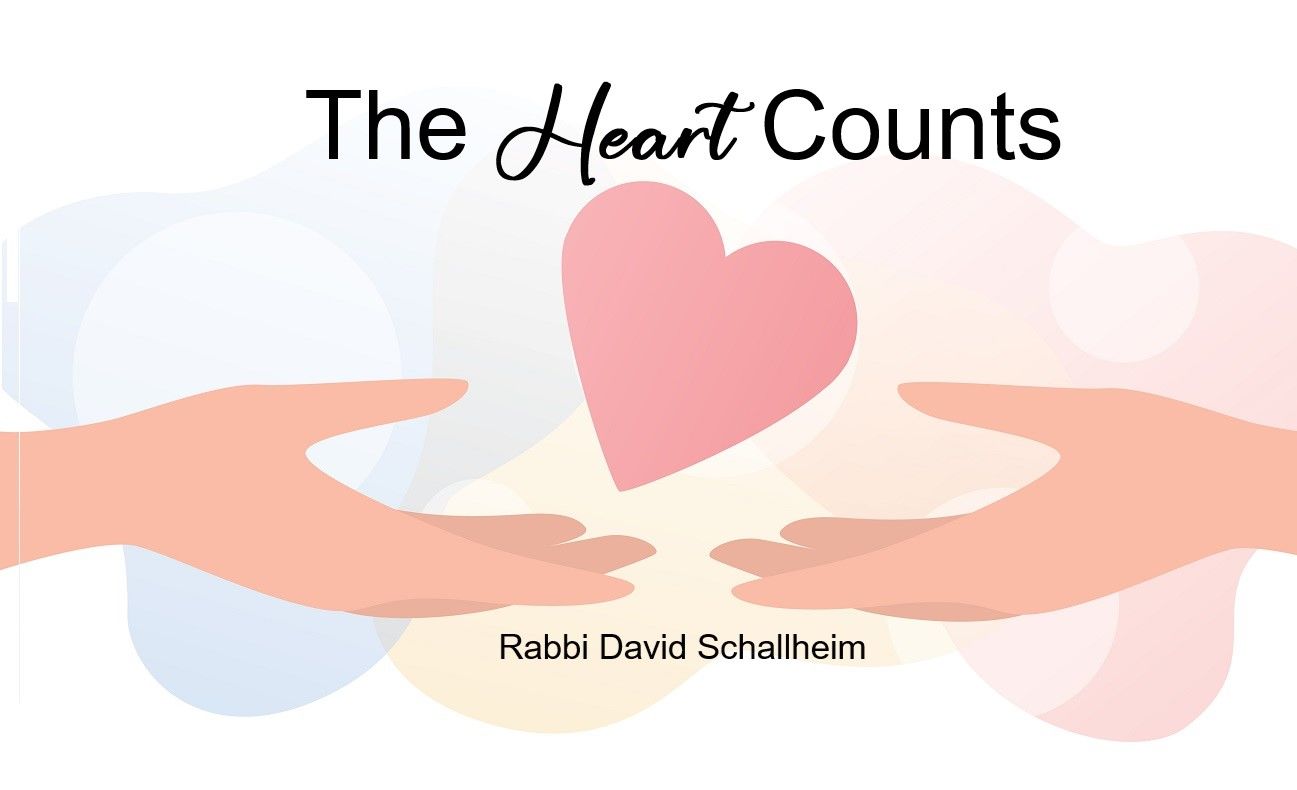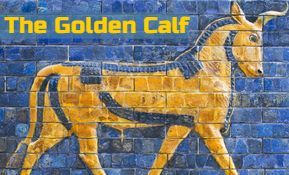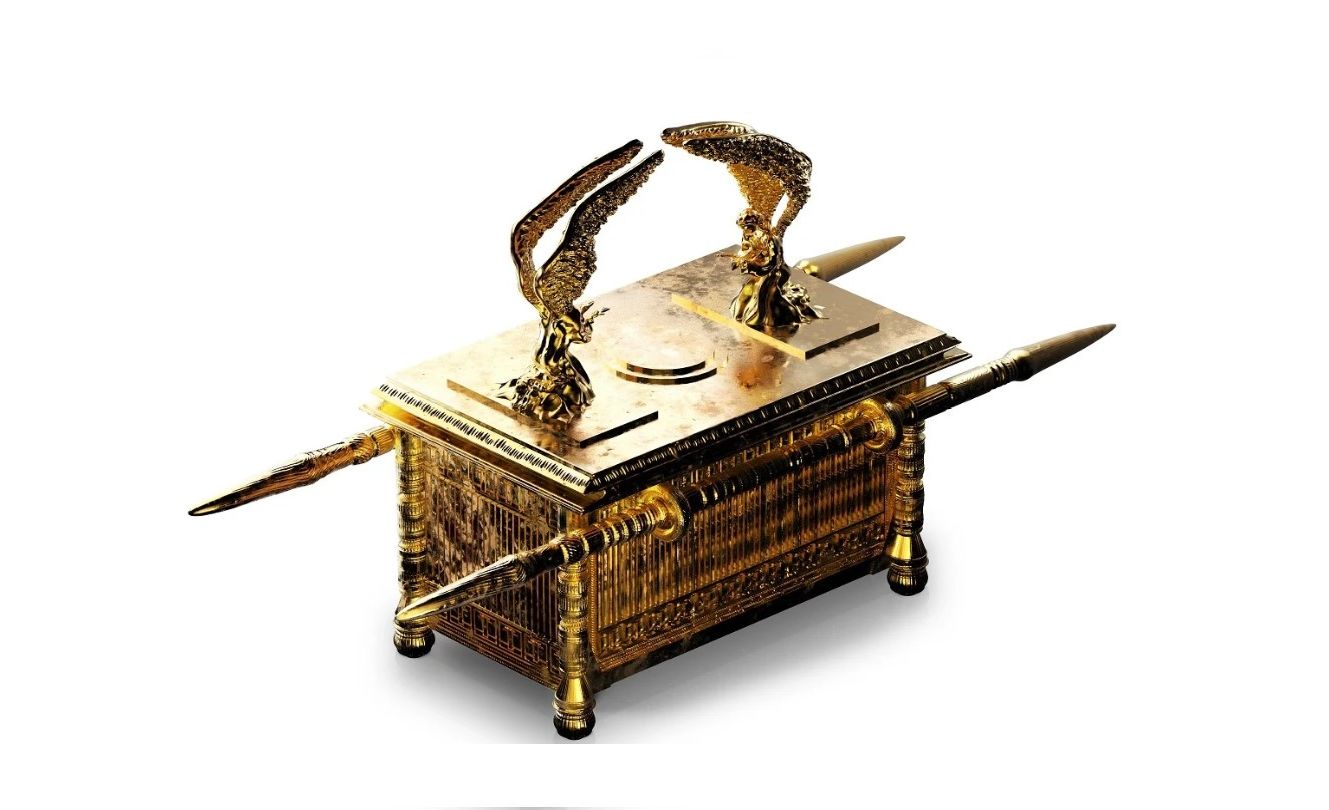
Chayei Sarah: Creating Our Own Selves
Avraham demonstrated God’s attribute of chessed – loving kindness – to the world. He devoted himself to acts of chessed...

Torah Personalities
When studying Torah personalities, it’s important to remember that the Torah tells us that God spoke to them and revealed Himself to them. There is no sane person on the planet today that could make such a claim. Therefore, when studying these stories, we should do so with due reverence and respect.
The Ramban (Nachmanides) tells us that the deeds of our forefathers are simanim – signs – of the events that would befall their descendants. Additionally, each of the Patriarchs revealed to the world a different aspect of God’s attributes. Through studying their lives, we come to a better understanding of how God interacts with His world.
Avraham (Abraham) demonstrated God’s attribute of chessed – loving kindness – to the world. He devoted himself to acts of chessed, such as receiving guests. It was only natural that the first Patriarch would reveal this aspect of God, the aspect of chessed, to the world since the world was created for the sake of chessed. The Ramchal (Rabbi Moshe Chaim Luzzato) writes in Derech Hashem – The Way of God: “God’s purpose in creating the world was to bestow His good to another.” The world was created as an outpouring of God’s love.
Unconditional love has its limits, though. A child is blessed with grandparents who shower him with presents, but he is raised by his parents, who are charged with disciplining him. Our Patriarch, Yitzchak (Isaac), brought the concept of God’s attribute of gevurah into the world. What is God's attribute of gevurah? Might, which means justice. Justice limits unconditional love. Giving is the ideal expression of Godliness and real giving must be contained by restraint, chessed must be tempered with gevurah.
The attribute of Yitzchak – the attribute of gevurah – is expressed in the Silent Benedictions – the shemoneh esrei as the blessing of God’s Might. We begin and end the blessing with the praise of God as “the Resuscitator of the dead,” for He will resuscitate the dead in the future.
Dual Reality
The pasuk states, “Avraham came to eulogize Sarah and to weep for her.” Why did Sarah die? Rashi explains that, “The narrative of Sarah's death immediately follows the Akeidah [binding] of Yitzchak, because as a result of hearing the news of the Akeidah, that her son had been prepared for slaughter and had almost been slaughtered, Sarah's soul departed her body and she died.”
In other words, Sarah died from shock when she heard that Avraham had readied himself to slaughter her only son, Yitzchak.
But Avraham did not slaughter Yitzchak. God sent a ram to be sacrificed instead of Yitzchak.
In studying the Akeidah, the story of how Avraham was willing to sacrifice his son, Yitzchak, we can understand two different approaches to how a human being can earn his right to Eternal existence; to how he can, in a sense, create his own self.
Avraham went against his entire upbringing to fight for intellectual independence. He rejected the idol worship of his family to create his own philosophy and understanding of the world.
Yitzchak, however, was born into Avraham's home. He had been taught about God from the time he was born. It would have been so easy for him to duplicate his father's path of chessed. Instead he perfected the attribute of gevurah – and in the ultimate expression of his gevurah, he was willing to sacrifice his life for God.
This is the power of creating our own selves through self-sacrifice for a higher ideal. Yitzchak chose a new path, and in doing so he was privileged to become one of the Patriarchs and bring a new perception of the Infinite into the world.
The Midrash says that throughout the generations, until the present day, the Jews continue to benefit from Yitzchak’s sacrifice. But Avraham never touched Yitzchak! So what sacrifice are we referring to?
To answer that question, we must first understand more about God’s attribute of justice and His attribute of mercy. The Midrash says that God originally intended to create the world through the attribute of justice, but when He saw that the world wouldn't survive, He tempered His justice with mercy.
This means that a certain aspect of the world is still operating on the level of pure justice. In the account of the six days of creation, the Torah uses God's name, "Elokim" – which symbolizes the attribute of strict justice. But when the Torah describes the creation of man, the name "Hashem" – the attribute of mercy – is added to the name "Elokim" – the attribute of justice.
Nature and physical laws follow the attribute of justice. This was God's original plan in creating the world. Man, however, lives on a different plane – the plane of chessed.
When God created man, the Torah refers to God as "Hashem Elokim" justice (Elokim) tempered with mercy (Hashem). We live in a world of mercy because we have the capacity for repentance. In His mercy, God gives us the ability to erase our mistakes through the power of teshuva – repentance.
We can understand this concept through a close look at an imaginary "Dr. Jekyll" and "Dr. Hyde."
Dr Jekyll carefully studies his patients’ charts and all relevant medical journals before scheduling an operation. He makes sure to get a good night sleep the night before surgery. During the operation, he pays meticulous attention to every detail. Yet, despite his meticulous preparations, the patient dies.
Dr. Hyde, however, stumbles into the operating theater after partying throughout the night. He is blurry eyed and incoherent, and barely knows what surgery he's scheduled to perform. Yet, despite his gross negligence, the surgery is successful.
God judges our world with mercy, and according to that attribute of mercy, Dr. Jekyll is credited with saving a life while Dr. Hyde is considered a murderer! Dr. Jekyll did everything humanly possible to cure the patient. The fact that the patient died was God’s business, not his. Dr. Hyde, however, was grossly negligent. The fact that God wanted the patient to live doesn’t absolve him of his guilt.
“Man’s world” is the world of mercy. God judges man with mercy. "God’s world" is the realm of justice – the strict letter of the law.
In the world of mercy, “man’s world” Yitzchak was willing to give up his life, and for that reason we continue to benefit from that sacrifice. We exist in the merit of “his ashes on the altar” until the present – although he was never actually sacrificed. In reality – in "God’s world" – Yitzchak was never sacrificed. He was replaced with a ram and for that reason he survived, and become the father of the Jewish nation.









